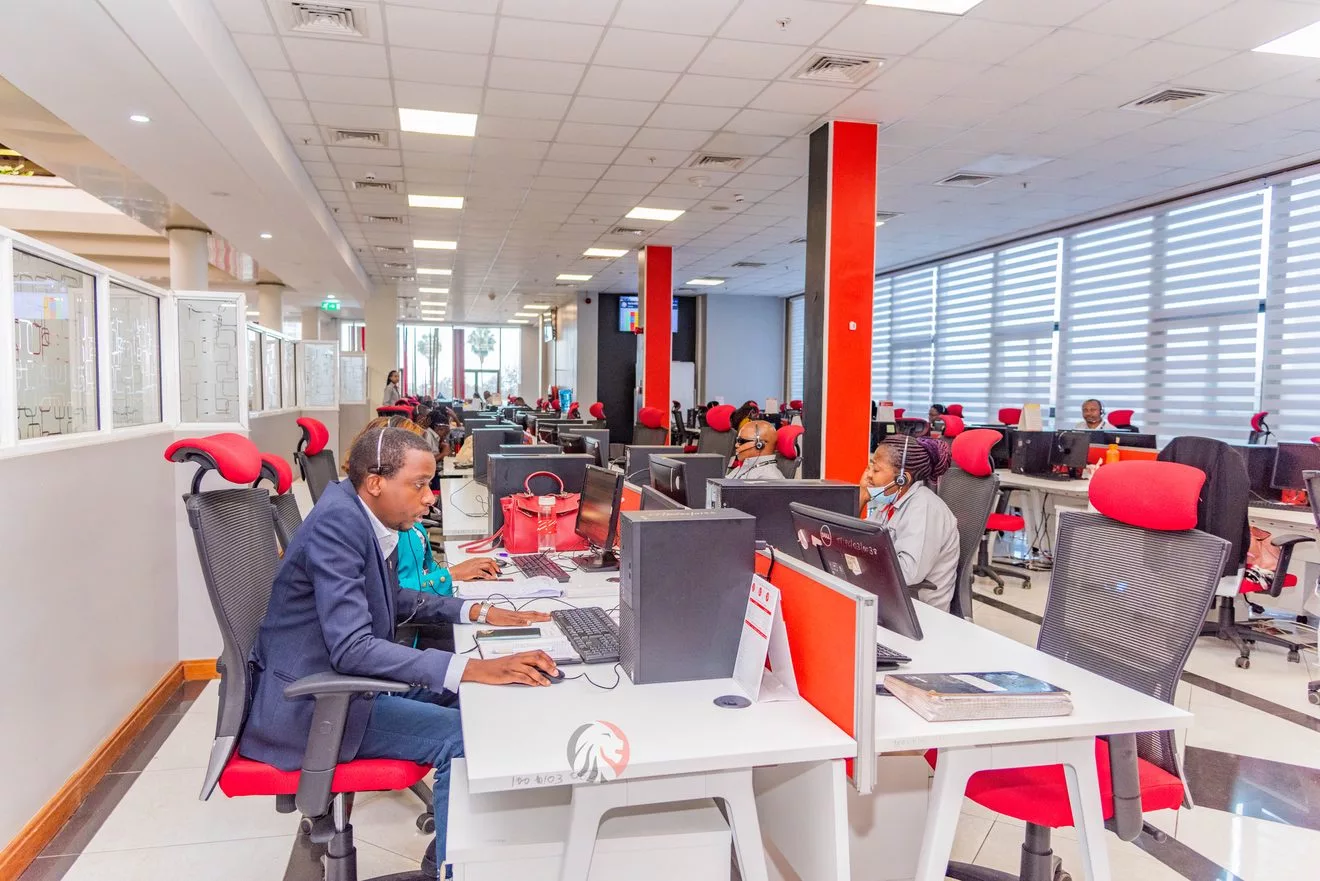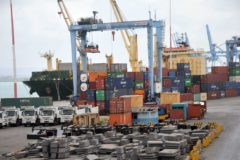Kenya added digital economy taxes and collected $1.9B VAT revenue via electronic tax invoicing alone. The state also integrated betting firms into its tax collection systems, which has, so far, paid off.
Kenya has been patching up tax leaks for a couple of months now. These changes have seen the Kenya Revenue Authority (KRA) meet and surpass targets after it recorded a 6.7% jump in the 2022/2023 financial year. KRA’s managed collection increased from KES 1.58 trillion ($23.2 billion) in the 2018/2019 financial year to KES 2.166 trillion ($32.2 billion) in the just concluded financial year ending in June 2023. These numbers imply that KRA added KES 586.259 billion ($8.9 billion) to its collection in the last half a decade.
“Despite an economic slowdown occasioned by an unfavourable global fiscal environment, KRA recorded a revenue collection of KES 2.166 trillion for July 2022 – June 2023 compared to KES 2.031 trillion in the last financial year. The collection for the financial year 2022/2023 was, therefore, higher than what was collected in 2021/2022 by KES 135 billion,” said KRA in a statement.
Digital revenue drivers
Over the last few years, Kenya added new tax avenues, including taxing the digital economy amid complaints from locals. The state recently approved taxing crypto exchanges and social media influencers. However, the recent tax areas, which went live at the start of July 2023, will only be reported at the end of the 2023/2024 financial year.
The previous government introduced a digital service tax (DST) alongside VAT on digital market supply. The legislation aimed to impose a 1.5% tax on the total value of digital services. Starting in January 2021, individuals earning income by offering services or products through online platforms were required to pay this tax. Furthermore, the law specified that both Kenyan residents and non-residents with permanent establishments in the country could utilise the tax amount as a deduction against their income liability for that particular year. And just last year, Kenya doubled DST to 3%. To this end, KRA collected KES 5.328 billion ($37.5 million) from the tax heads, translating to a growth of 207.9% compared to the previous financial year.
KRA notified the public and all taxpayers registered for VAT about the transition from old electronic tax registers to the tax invoice management system (TIMs). According to the KRA, VAT-registered taxpayers had to obtain the new electronic registers before mid-2022. This shift aimed at enabling them to generate and electronically transmit tax invoices in accordance with the VAT (Electronic Tax Invoice) Regulations of 2022. The introduction of eTIMS also sought to reduce compliance costs by lowering hardware expenses and enhancing the accuracy of real-time invoice transmission, thus improving declaration and reconciliation between returns and payments. Notable features of eTIMS include cross-platform access (computers and mobile phones), a user-friendly and adaptable design, and a convenient solution for taxpayers to fulfil their compliance needs.
Based on the development, with 95,732 VAT-registered taxpayers now using eTIMS, remittances have increased to KES 272.365 billion ($1.9 billion). The revenue performance outlook is expected to improve even more as eTIMS is widely adopted. eTIMS is set to simplify filing tax returns by providing pre-populated VAT returns.
KRA has also reaped heavily from integrating its systems into betting companies’ systems. This integration has granted KRA up-to-date access to all the companies operating within the gaming and betting industry. As a result, the KRA collected KES 15.190 billion ($107 million) in excise duty and withholding tax after onboarding 28 taxpayers from the sector.
Plans to tap more into the digital economy
KRA plans to implement a technology platform to generate revenue by transforming it into a digitised revenue administration. This will be achieved by integrating with e-Citizen, other government agencies, and private entities for payroll taxes. It will also be achieved by simplifying the customs payment process through inclusion in M-Service and implementing a risk management system through AI.





















